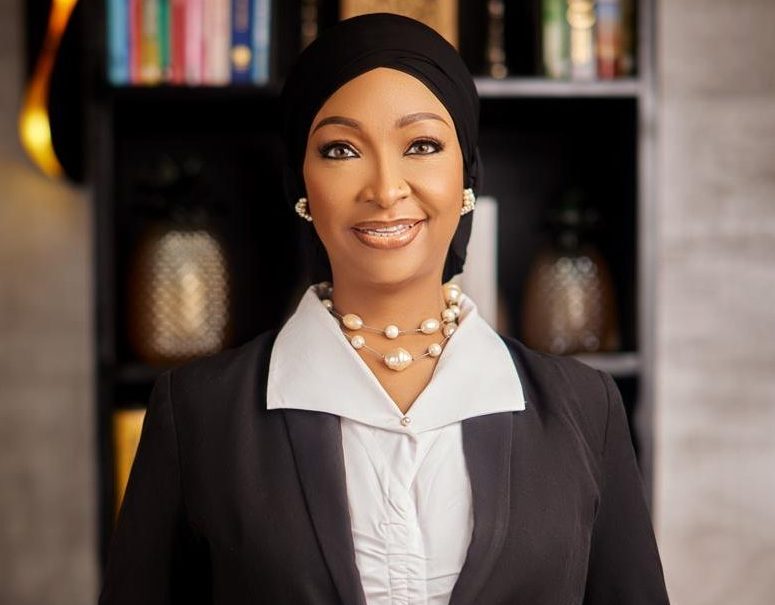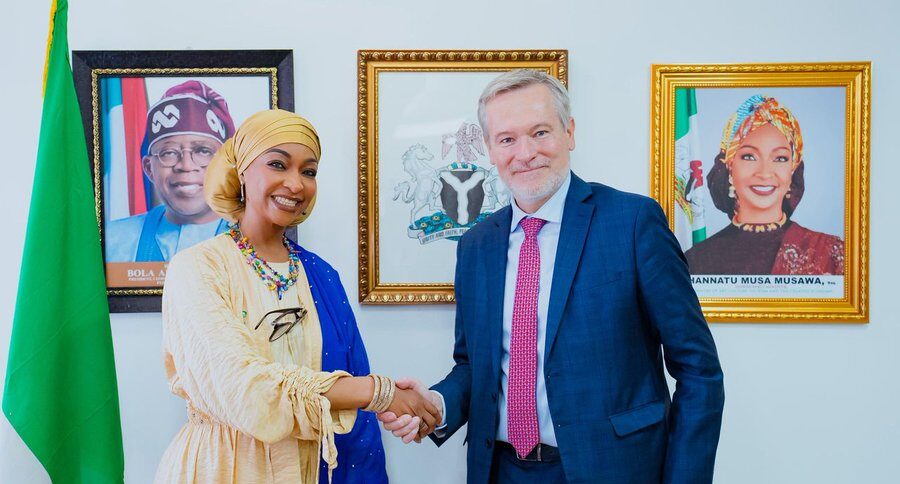EU Seal €20 Million Cultural and Creative Partnership

Museums, film festivals, and digital industries targeted in new cooperation framework unveiled in Abuja
Abuja, Nigeria – Nigeria and the European Union (EU) have jointly agreed to launch a €20 million initiative that will strengthen partnerships between Nigerian museums, expand support for film festivals, and accelerate growth across the country’s digital creative industries. The announcement came during a courtesy visit by a high‑level EU delegation led by Ambassador Gautier Mignot, Head of the EU Delegation to Nigeria and ECOWAS, to Barrister Hannatu Musa Musawa, Nigeria’s Minister of Art, Culture, Tourism, and Creative Economy.

Nigerian officials framed the agreement as more than cultural diplomacy: it is a strategic economic play to leverage heritage assets, expand employment, and promote national unity through the creative sector. EU engagement is expected to help mobilize technical expertise, joint programming, and funding pathways that connect Nigerian cultural institutions to European networks and markets.
Focus Areas of the €20m Initiative

According to information shared after the Abuja meeting, the partnership will prioritize:
Museum‑to‑museum collaboration (collections development, curation exchanges, training, digitization).
Support for film festivals that can amplify Nigerian and African storytelling to broader audiences.
Expansion of digital creative industries including technology‑enabled content creation, archiving, and distribution models.
These focus areas are intended to translate culture into measurable economic impact while preserving authenticity and local ownership
National Unity Through Creative Expression
Minister Musawa signaled plans to commission a “Unity Song” featuring leading Nigerian artists as a nationwide social‑cohesion project. Framed as soft‑power outreach, the music collaboration would use popular culture to counter polarization and speak to communities affected by insecurity.
Upcoming Creative Economy Summit
Discussions in Abuja also touched on an upcoming Creative Economy Summit that will convene stakeholders across government, private sector, cultural institutions, and development partners. The goal: align strategies, reduce duplication, attract investment, and design scalable interventions that benefit creatives across Nigeria’s regions.
Data-Driven Development
Musawa emphasized that data mapping must guide cultural investment decisions—identifying where institutions are under‑resourced, where creative clusters are forming, and how interventions can produce jobs most efficiently. Evidence‑based targeting is expected to become a cornerstone of program rollout under the EU partnership.
Capacity, Skills & Jobs at the Core
Both the EU delegation and Nigerian officials reaffirmed a shared commitment to capacity building, digital skills development, and job creation. By pairing European institutional know‑how with Nigeria’s fast‑rising creative talent, the partnership aims to produce sustainable career pathways in museum management, festival production, archiving, digital distribution, and creative entrepreneurship.
Part of a Larger Creative‑Economy Push
The €20m agreement dovetails with wider federal efforts to scale Nigeria’s creative economy into a major growth engine. Earlier briefings from the Ministry highlighted hundreds of millions of dollars in investment commitments, a target of up to 2 million creative‑sector jobs by 2027, and financing mechanisms such as the Creative Economy Development Fund (CEDF) backed by development finance partners. These initiatives reflect Abuja’s ambition to position Nigeria as Africa’s cultural and creative capital.
Minister’s Vision: Culture Drives Growth
While speaking with the visiting delegation, Musawa reiterated that culture sits at the intersection of identity, economic transformation, and nation‑building. She has repeatedly argued that properly resourced museums, music, film, and digital media can generate revenue, attract tourism, inspire civic pride, and give young people viable creative careers at home.
Next Steps
Specific program rollouts, application windows, and implementation partners for the €20m package are expected to be announced after follow up technical meetings between the Ministry and the EU mission. Creatives, festival organizers, and cultural institutions are encouraged to begin compiling project data, partnership proposals, and capacity needs so they can respond quickly once formal calls open.